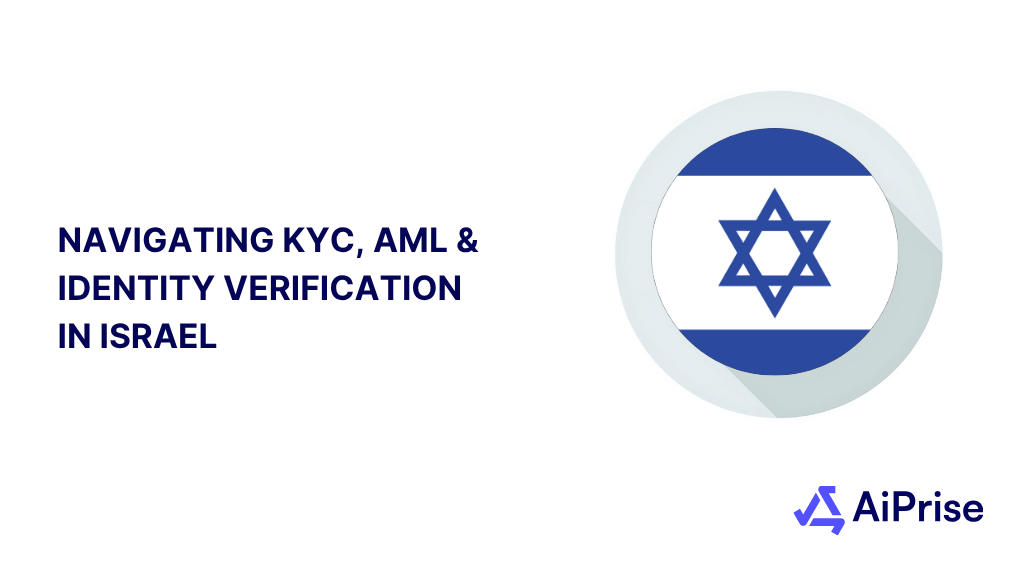AiPrise
11 min read
May 30, 2025
Navigating KYC, AML and Identity Verification in Hungary

Key Takeaways










In recent years, Hungary has faced significant challenges related to financial crimes, including money laundering and fraud schemes targeting its banking and financial sectors.
In early 2025, Hungary’s central bank, Magyar Nemzeti Bank (MNB), fined OTP Bank and MBH Bank a combined total of HUF 43 million (approximately USD 106,000) for non-compliance with Anti-Money Laundering (AML) and Counter-Terrorism Financing (CTF) regulations. This incident highlights the critical need for robust Know Your Customer (KYC) and AML practices.
Strengthening these measures is essential for preventing financial crime and ensuring Hungary’s compliance with national and EU regulations, thereby protecting its financial system amid evolving risks.
Before we examine the solid identity verification systems of Hungary, let’s first understand the historical evolution of identity verification in the country.
Historical Evolution of Verification in Hungary
Hungary’s identity verification methods have evolved significantly over the years, reflecting broader technological and regulatory changes. Traditionally, verification relied on physical documents such as national ID cards and passports issued by government authorities. These paper-based systems were essential but limited in speed and security.
With digital transformation, Hungary introduced electronic identity solutions, including the eID card system, which enables citizens to authenticate themselves securely online. Over the past decade, these digital IDs have become more sophisticated, integrating biometric data and supporting e-government services.
Today, Hungary continues to advance its verification capabilities by adopting biometric technologies and AI-driven identity checks. These innovations strengthen security, improve user convenience, and help businesses comply with stringent KYC and AML regulations at both national and EU levels.
Hungary’s Regulatory Framework for KYC and AML
Hungary's regulatory framework for KYC and AML compliance is shaped by both local laws and European Union directives. Businesses operating in Hungary must adhere to strict regulations designed to prevent money laundering and combat the financing of terrorism.
The key laws governing these practices include:
- Act LII of 2017 on the Prevention and Combating of Money Laundering: This Hungarian law aligns with European directives and mandates financial institutions to implement KYC and AML procedures. The act outlines the requirements for identifying and verifying customers and reporting suspicious transactions.
- EU’s 5th Anti-Money Laundering Directive (AMLD5): As a member of the European Union, Hungary follows AMLD5, which requires enhanced due diligence measures, particularly for high-risk individuals or transactions. It also mandates the use of central registries for beneficial ownership information and increased transparency regarding company ownership structures.
- Financial Action Task Force (FATF) Recommendations: Hungary, like other EU countries, follows the FATF’s global standards for preventing money laundering and terrorist financing. FATF guidelines influence national regulations, ensuring that Hungary’s financial institutions maintain robust measures against illicit activities.
These regulations impose significant responsibilities on financial institutions, businesses, and professionals to conduct thorough customer due diligence (CDD), report suspicious activities, and maintain records of transactions.
Non-compliance can result in hefty fines and damage to a company’s reputation, making KYC and AML adherence critical for businesses in Hungary.
Identity Verification in Hungary: Key Requirements
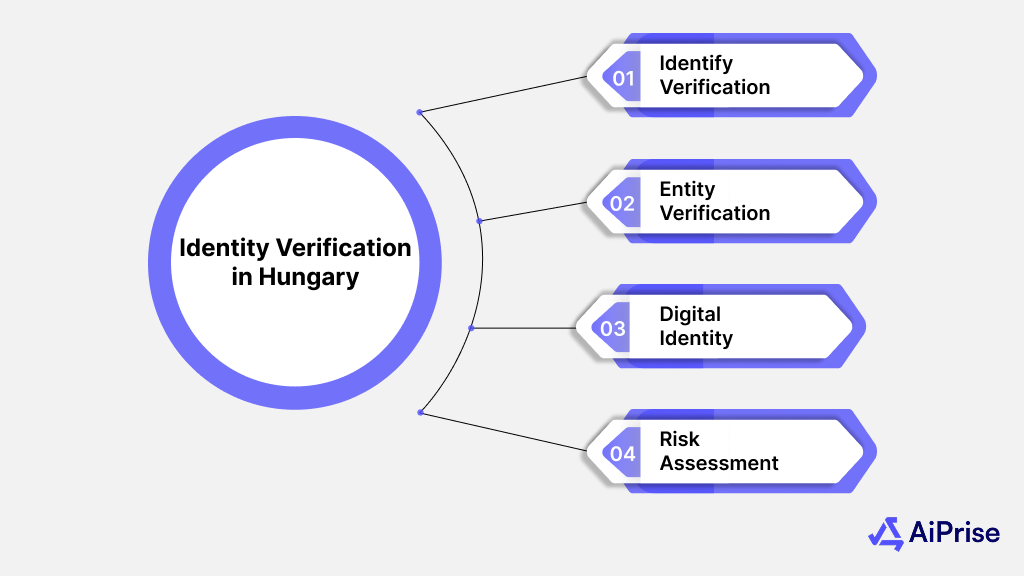
Identity verification is at the core of Hungary’s KYC and AML efforts. Businesses must ensure that they accurately identify and verify their customers to prevent fraud and meet regulatory requirements.
The verification process involves several key steps governed by both national laws and EU directives:
- Personal Identity Verification
- Individuals must provide proof of identity through government-issued documents, such as passports, national ID cards, or driver's licenses. The documents must be valid and authenticated to ensure their legitimacy.
- Hungary has embraced digital identity solutions, allowing for the verification of electronic identities through platforms such as the Hungarian eID system. This provides businesses with a secure and efficient way to verify identities remotely.
- Corporate Entity Verification
- Businesses must also verify the identity of corporate clients. This typically involves obtaining documents such as a certificate of incorporation, tax registration number, and details about the company’s directors and beneficial owners.
- To ensure compliance, Hungary requires businesses to verify ownership structures to prevent the use of shell companies for illicit activities. Beneficial ownership registers are often used to identify the true owners of a company.
- Biometric Verification and Digital Authentication
- Hungary utilizes biometric verification methods to strengthen the security of identity verification. These can include facial recognition, fingerprints, and voice biometrics, providing an extra layer of authentication.
- Digital IDs, such as the Hungarian eID, allow businesses to authenticate their clients remotely, which is especially useful in the growing digital economy. Secure online platforms and digital signature solutions are frequently used to streamline verification and ensure compliance.
- Enhanced Due Diligence for High-Risk Individuals
- Hungary's regulatory framework requires enhanced due diligence (EDD) for high-risk individuals, such as politically exposed persons (PEPs) or those with a history of financial misconduct.
- Financial institutions must apply a more stringent verification process for these individuals, using advanced technologies like real-time risk screening to detect potential red flags.
These identity verification procedures ensure that businesses in Hungary are well-equipped to prevent fraud and meet regulatory requirements. The integration of digital identity systems and biometric technology also helps businesses streamline their verification processes while reducing the risk of human error and enhancing security.
Step-by-Step Guide to Verify a Company in Hungary
In Hungary, businesses must follow specific procedures to verify the identity of a company, ensuring compliance with KYC and AML regulations.
Here’s a simple guide to help you through the company verification process:
- Search via the Ministry of Justice’s Company Information Website: Visit the Ministry of Justice’s official website for company verification. The site is available in both English and Hungarian, making it accessible to international businesses.
- Use the Search Bar: In the search bar, enter the company name (in English or Hungarian), company registration number, or tax number to start your search.
- Access the Company Search Menu: From the company search menu, you can retrieve official data by searching for the business by its name, registration number, tax number, or headquarters location.
- Search by Company Registration or Tax Number: For a more accurate search, enter the full company registration number or the first eight digits of the tax number.
- Review the Results: After a successful search, the website will display key details such as the company’s full name, physical address, registration number, and tax number. This information is crucial for verifying the legitimacy of the business.
By following these steps, businesses in Hungary can ensure they meet regulatory requirements and perform proper due diligence when verifying a company.
Even with clear procedures for company verification, businesses often encounter practical challenges when implementing comprehensive KYC and AML measures in Hungary. Let’s check them out.
Challenges of KYC and AML in Hungary
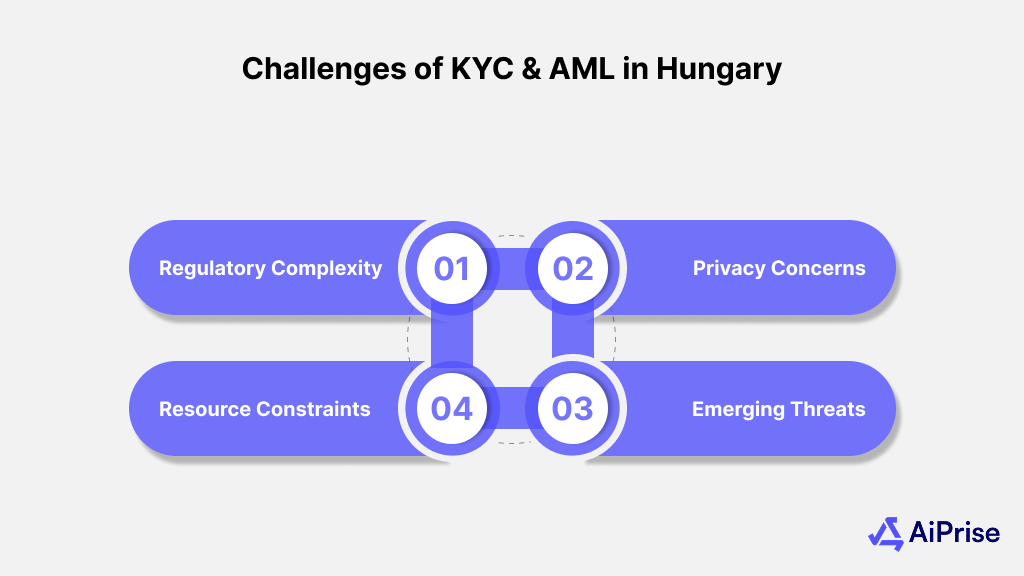
While Hungary's KYC and AML regulations are in place to protect the financial system, businesses often face several challenges in maintaining compliance. The complexity of the regulatory landscape can create obstacles, particularly for international companies adapting to local requirements.
Regulatory Complexity
Hungary’s KYC and AML framework, aligned with EU directives, requires businesses to implement detailed customer verification and monitoring processes. However, these regulations can often be subject to interpretation, creating uncertainty for businesses.
This is especially true when dealing with complex ownership structures or international customers. Staying up-to-date with legislative changes is also crucial, as any shift in EU policy can trigger a need for swift adaptation.
Data Privacy and Protection Concerns
Hungary, like other EU countries, follows the General Data Protection Regulation (GDPR). While GDPR aims to protect customer privacy, it also places strict limits on how businesses can handle personal data.
This creates tension between the need to gather comprehensive identity information for KYC and AML purposes and the need to protect sensitive customer data. Balancing these concerns requires robust data management systems and a clear understanding of the legal framework.
Evolving Fraud and Money Laundering Techniques
As financial crimes become more sophisticated, traditional KYC and AML procedures may not be sufficient. Fraudsters are increasingly using advanced technologies to hide their identities or obscure the origin of illicit funds.
This means businesses must continuously update their verification systems and remain vigilant against emerging threats, such as synthetic identity fraud or money laundering through cryptocurrencies.
Resource Constraints
For smaller businesses or startups operating in Hungary, managing compliance with KYC and AML regulations can strain resources. Developing in-house compliance teams and maintaining the necessary technological infrastructure for effective identity verification can be costly.
Many businesses struggle to balance the need for comprehensive compliance with their operational budgets.
These challenges highlight the importance of leveraging technology to streamline compliance processes. By automating identity verification and integrating global data sources, businesses can reduce the complexity of KYC and AML compliance while improving accuracy and efficiency.
AiPrise Solutions for KYC and AML Compliance in Hungary
AiPrise offers a comprehensive platform that simplifies KYC, AML, and identity verification, ensuring businesses in Hungary stay compliant with local and global regulations. With access to over 100 data sources, AiPrise offers the following features:
- Global Data Access: AiPrise integrates data from 500M businesses and 5B users worldwide, enabling businesses in Hungary to perform thorough due diligence and reduce risk exposure.
- Comprehensive Identity Verification: The platform supports advanced verification methods, including biometric authentication and digital ID solutions, ensuring secure and accurate customer verification.
- Fraud Prevention: AiPrise’s fraud protection tools help businesses detect and prevent fraudulent activities, protecting both the company and its customers.
- Seamless Integration: By easily integrating into existing workflows, AiPrise helps businesses streamline their compliance efforts and maintain up-to-date KYC and AML processes.
By using AiPrise’s platform, businesses in Hungary can ensure smoother operations, enhance customer trust, and mitigate compliance risks efficiently.
Conclusion
Managing KYC, AML, and identity verification in Hungary can be complex, but it is essential for businesses to ensure compliance and protect against fraud. With evolving regulations, fragmented data sources, and rising fraud risks, technology plays a crucial role in simplifying these processes.
With comprehensive solutions like AiPrise, businesses in Hungary can access global data, streamline compliance, and enhance security.
As the regulatory landscape continues to change, staying ahead of compliance requirements will be key to business success. Implementing robust KYC, AML, and identity verification practices mitigates risk and builds trust with customers and regulators alike.
Ready to simplify your compliance processes? Book a Demo with AiPrise today and see how our platform can help your business stay secure and compliant.
Frequently Asked Questions (FAQs)
1. What are the main laws governing KYC and AML compliance in Hungary?
Hungary’s KYC and AML framework is primarily governed by Act LII of 2017 on the Prevention and Combating of Money Laundering, aligned with the EU’s 5th Anti-Money Laundering Directive (AMLD5) and FATF recommendations.
2. Which identity documents are accepted for KYC verification in Hungary?
Accepted documents include Hungarian national ID cards, passports, driver’s licenses, and digital identities like the Hungarian eID system.
3. How does Hungary handle identity verification for corporate entities?
Businesses must verify corporate clients using certificates of incorporation, tax registration numbers, and beneficial ownership details through official registers to prevent illicit activities.
4. What challenges do businesses face in implementing KYC and AML in Hungary?
Key challenges include regulatory complexity, balancing GDPR data privacy requirements, evolving fraud techniques, and resource constraints, especially for smaller businesses.
5. What role do biometric technologies play in Hungary’s verification process?
Biometric verification, such as facial recognition and fingerprint scans, enhances security by adding an extra authentication layer, making remote identity verification more reliable.
6. How important is enhanced due diligence (EDD) for high-risk customers in Hungary?
EDD is critical for high-risk individuals like politically exposed persons (PEPs). It involves more stringent verification and ongoing monitoring to mitigate potential risks.
7. What penalties exist for non-compliance with KYC and AML regulations in Hungary?
Hungarian regulators, including the Magyar Nemzeti Bank (MNB), can impose significant fines and sanctions, as seen in recent penalties against major banks for AML breaches.
8. How can technology solutions help businesses comply with KYC and AML in Hungary?
Platforms like AiPrise provide access to global data sources, automate identity verification, offer biometric and digital ID checks, and streamline compliance workflows to reduce risk and increase efficiency.
You might want to read these...

AiPrise’s data coverage and AI agents were the deciding factors for us. They’ve made our onboarding 80% faster. It is also a very intuitive platform.





Speed Up Your Compliance by 10x
Automate your compliance processes with AiPrise and focus on growing your business.




.jpg)




















.jpeg)






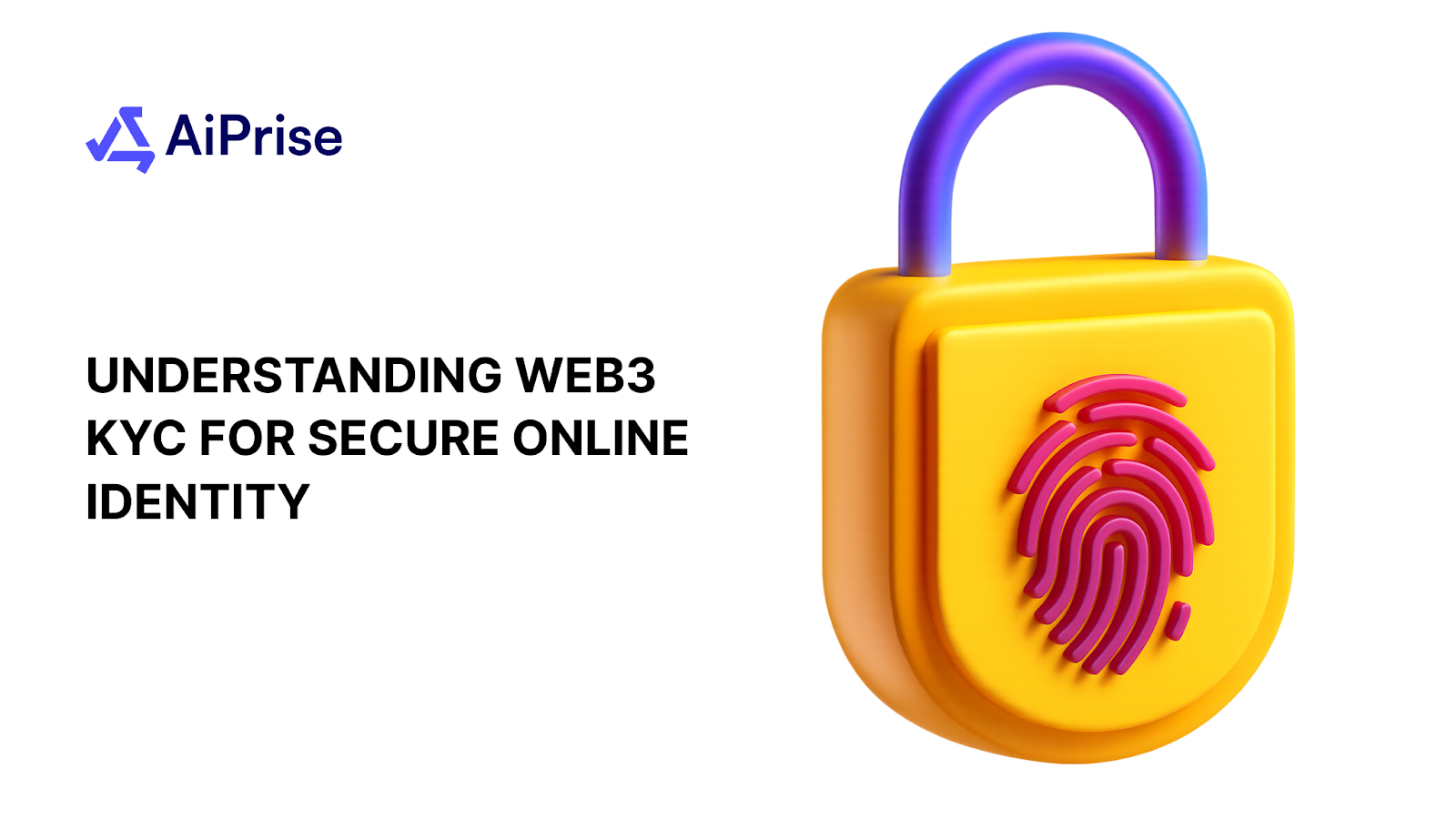
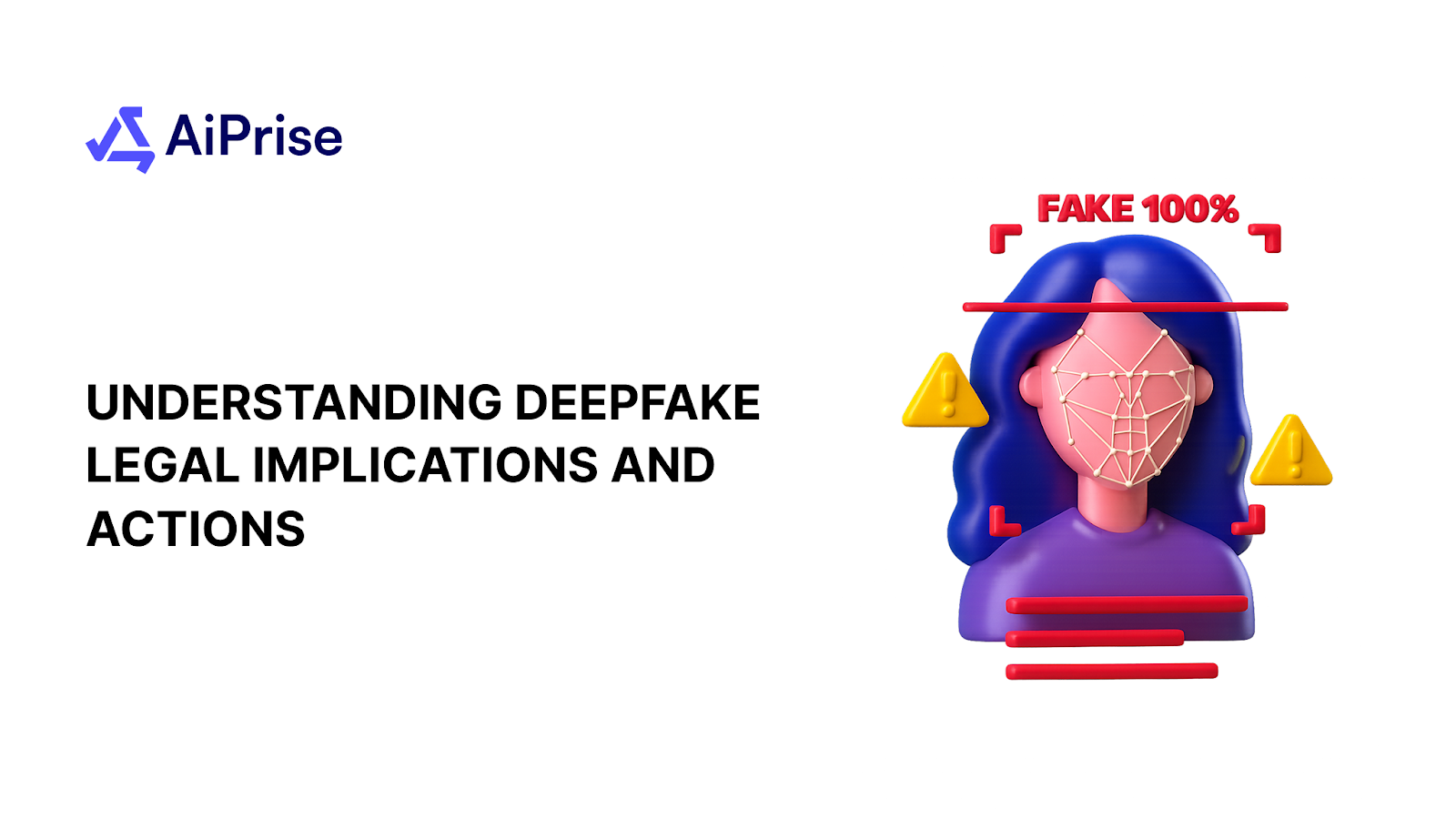
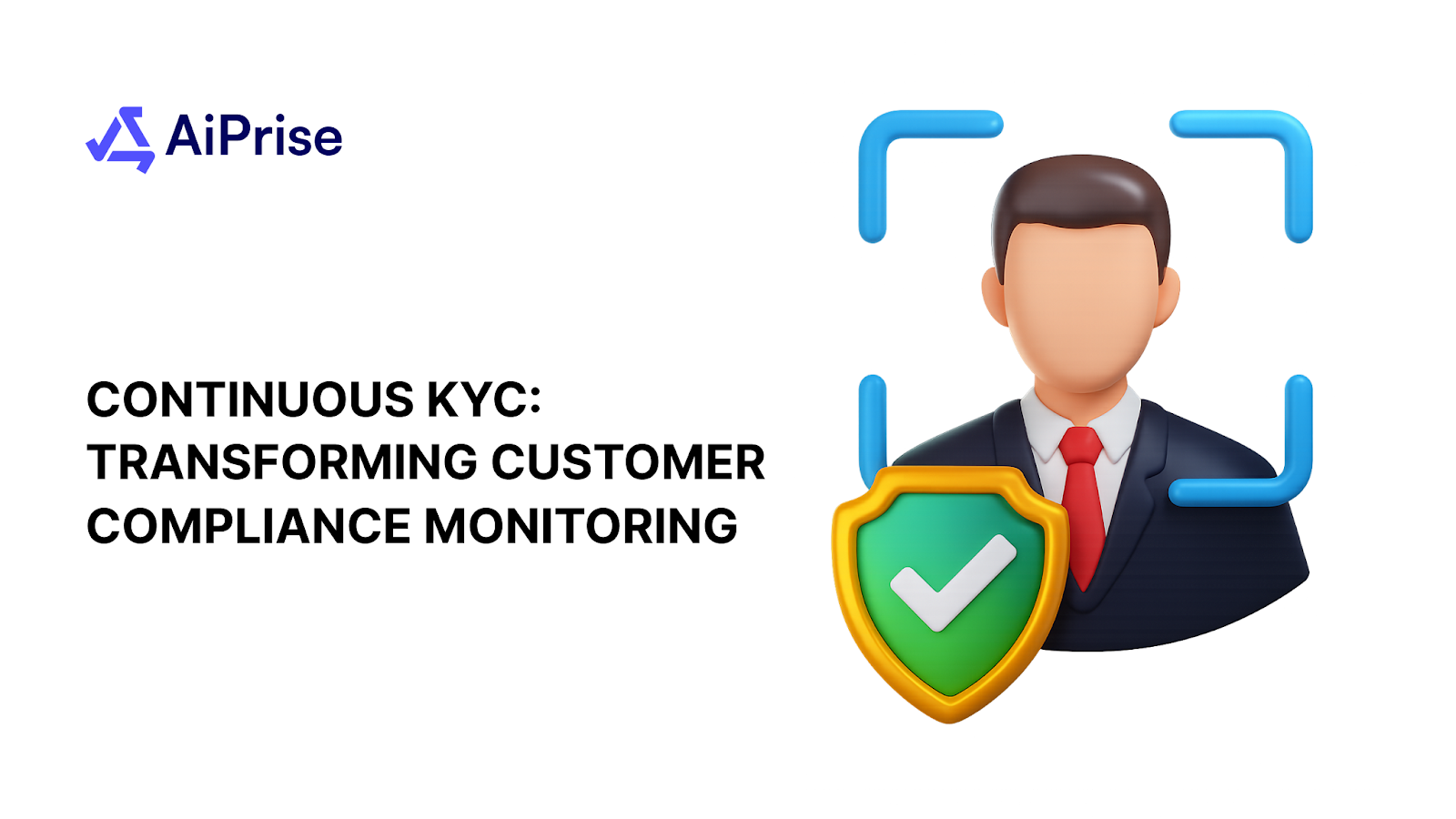

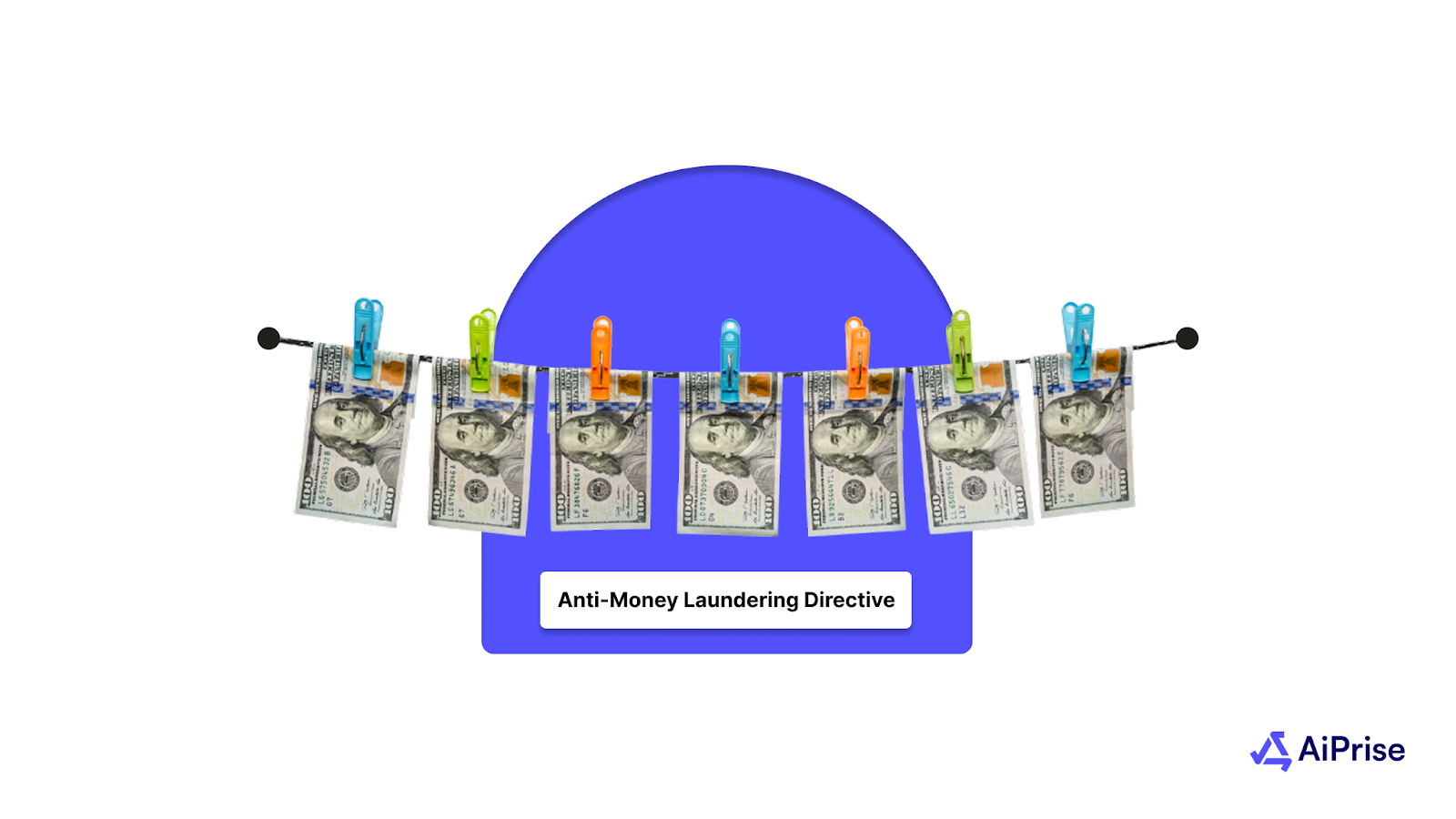
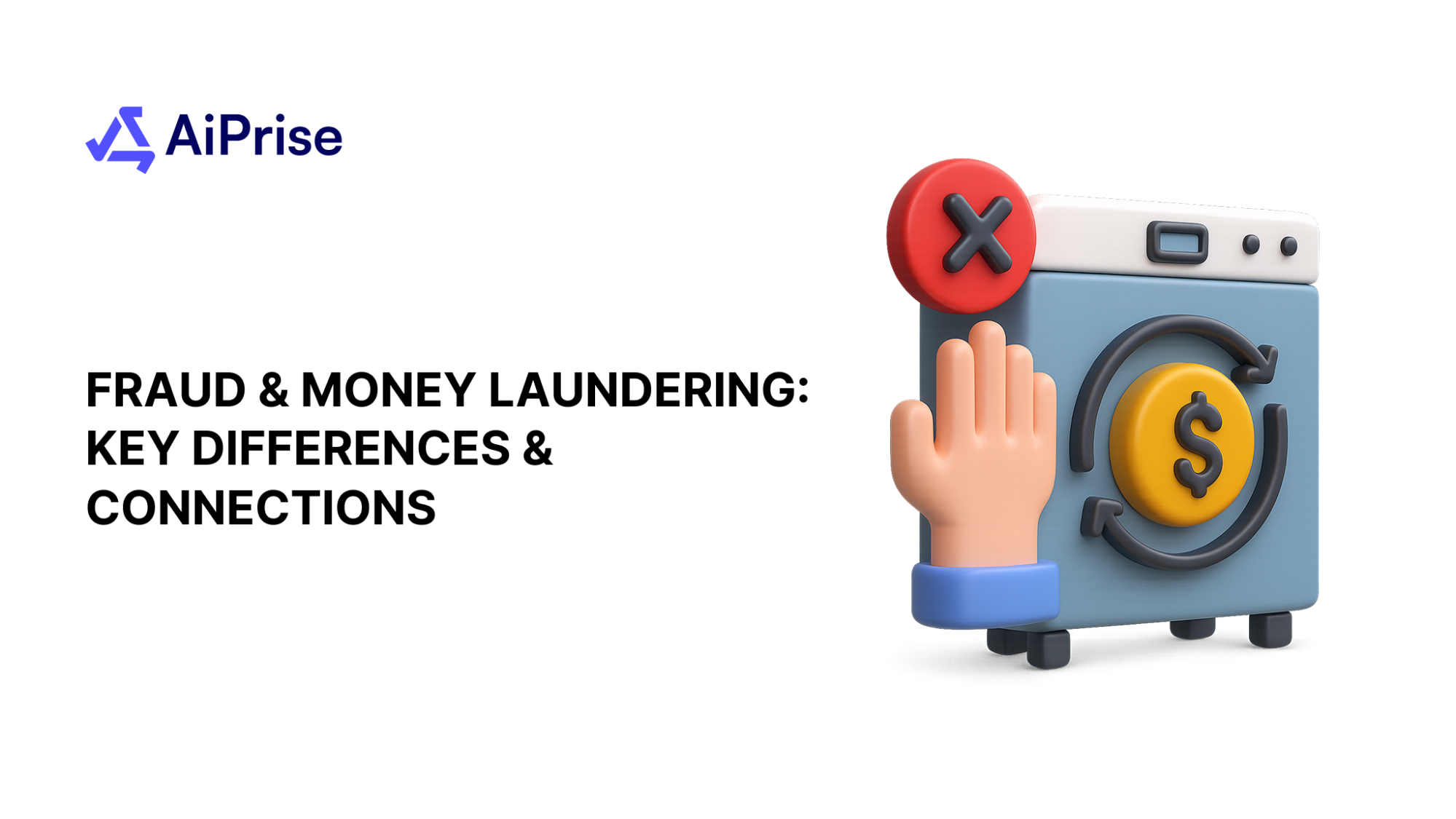
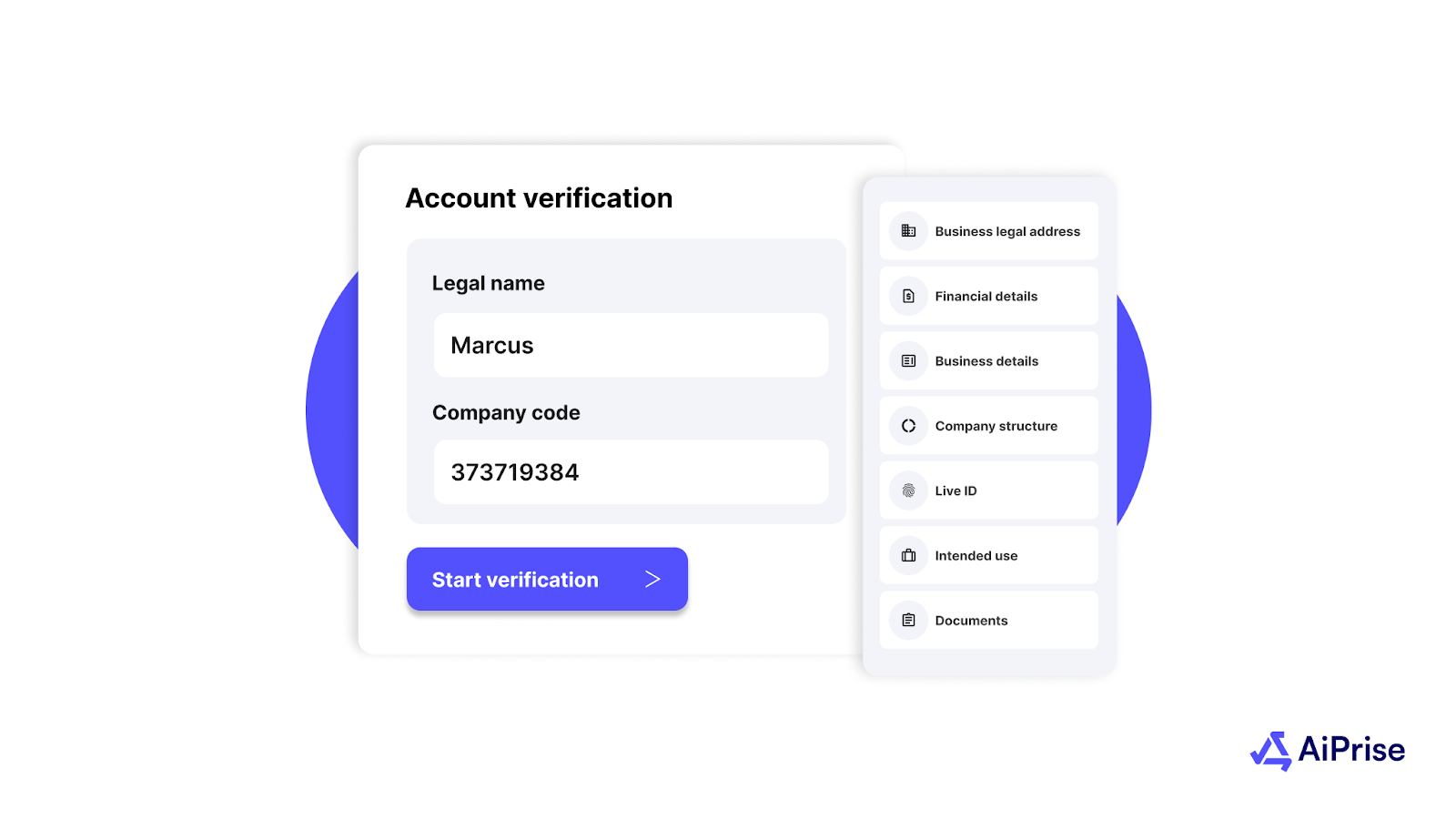

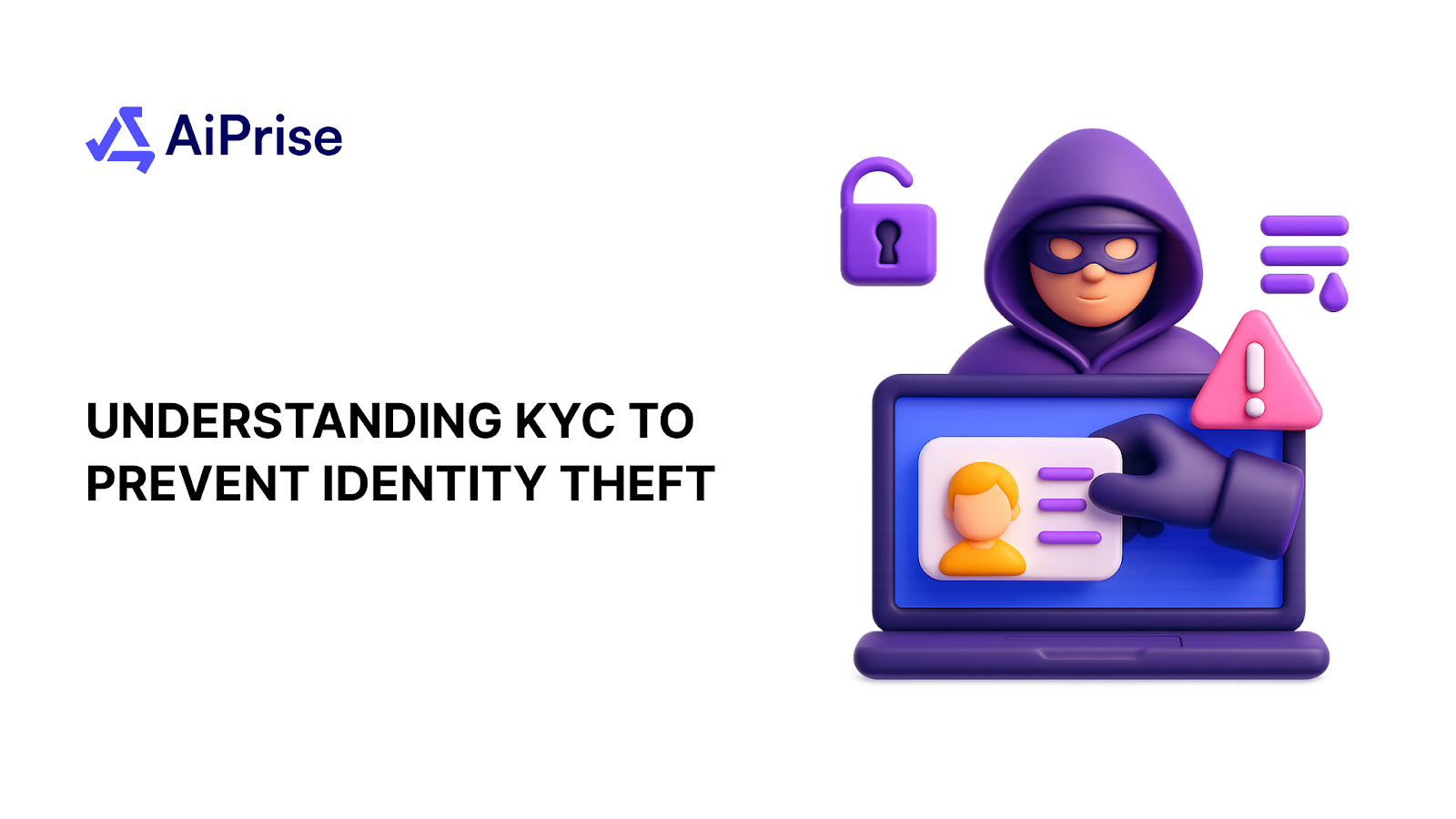
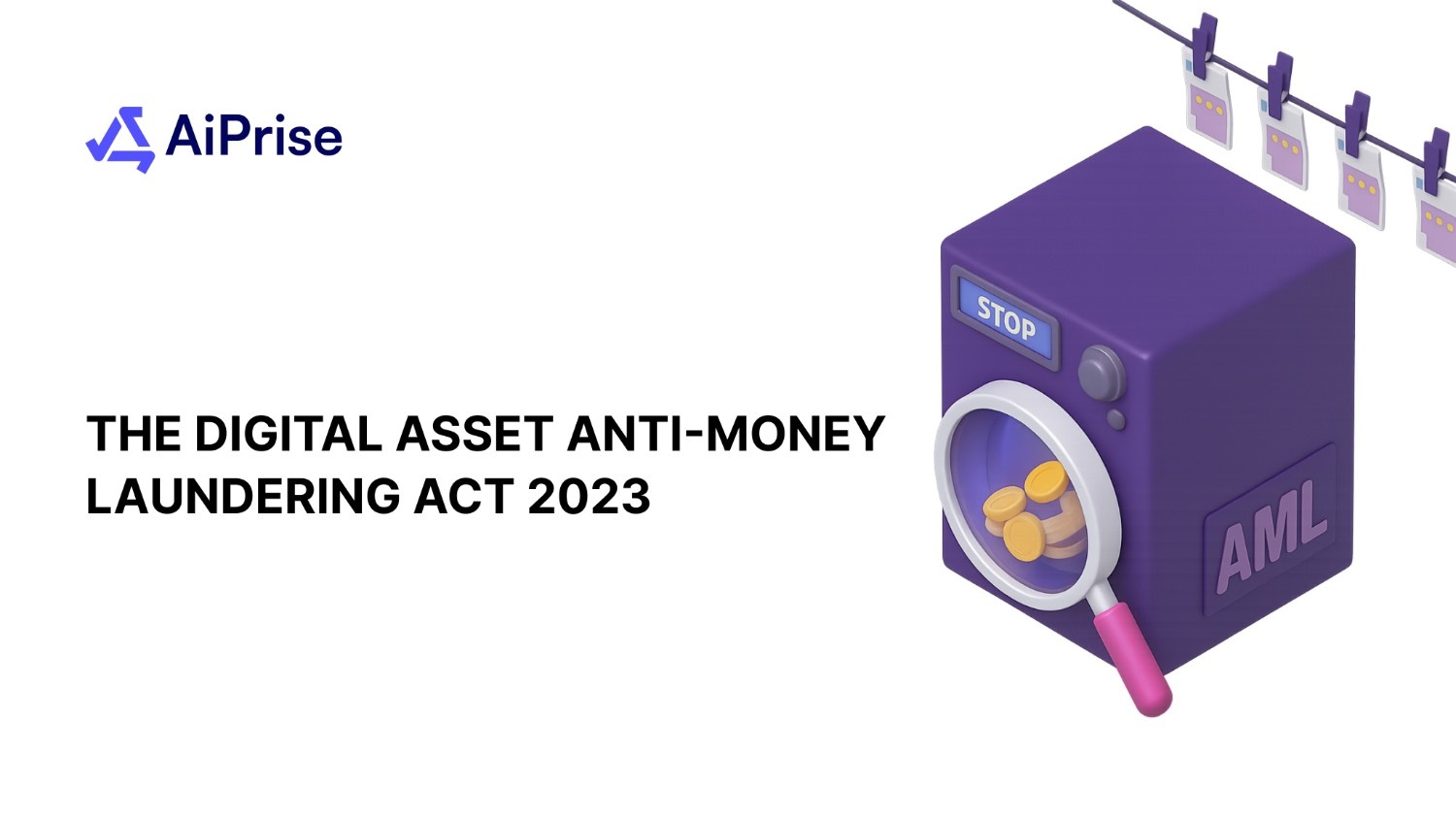


.png)
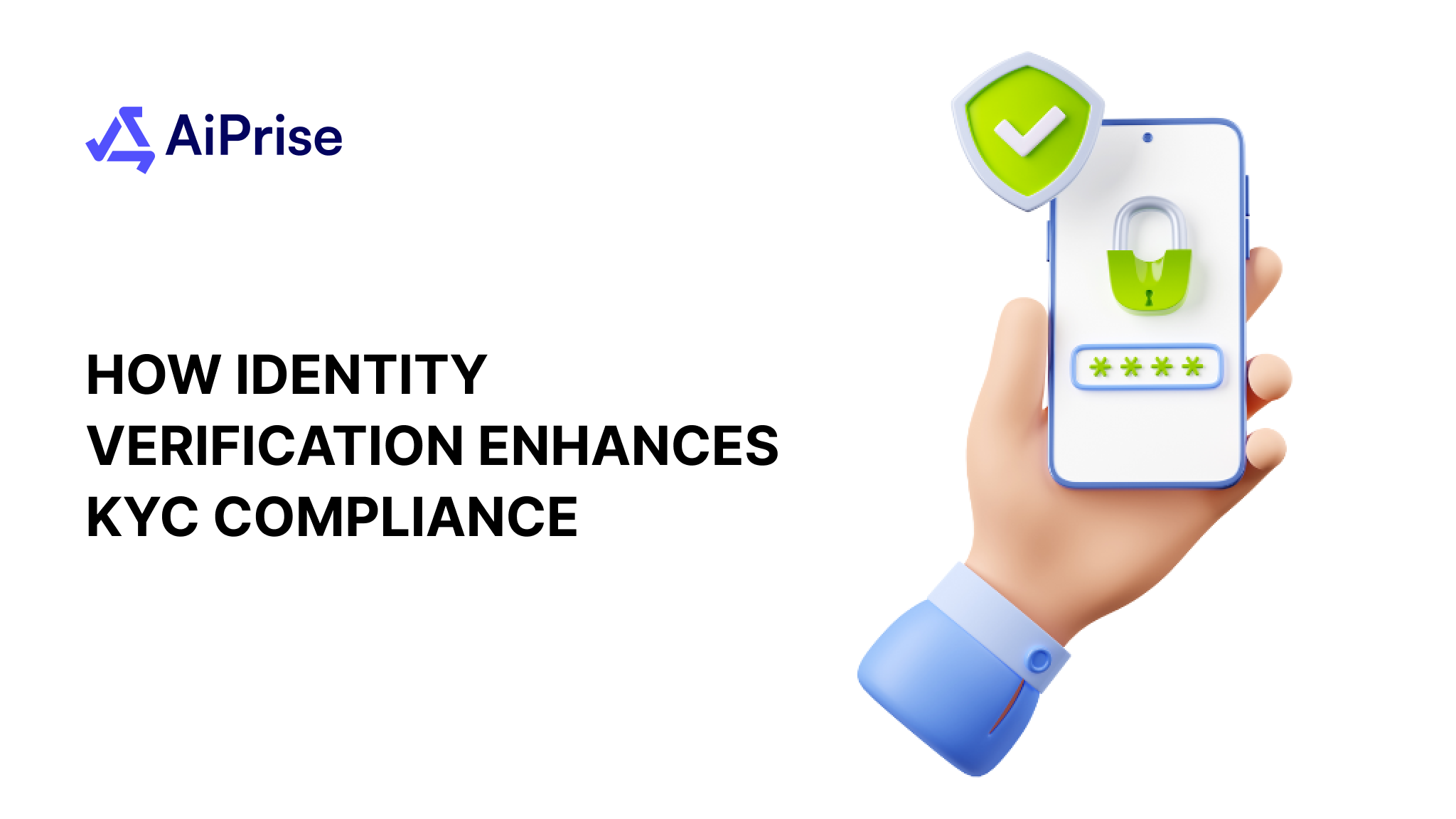
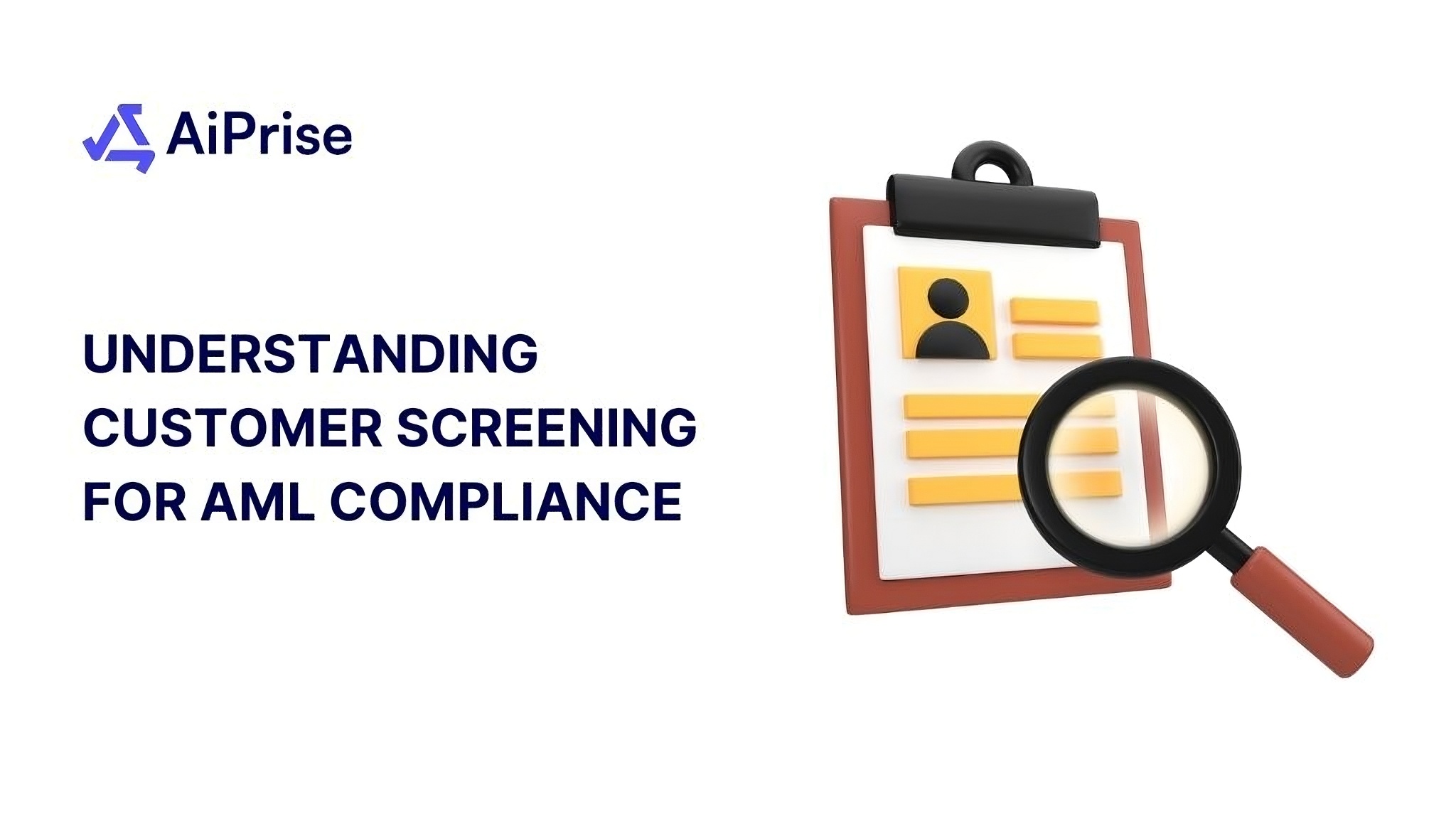

.png)
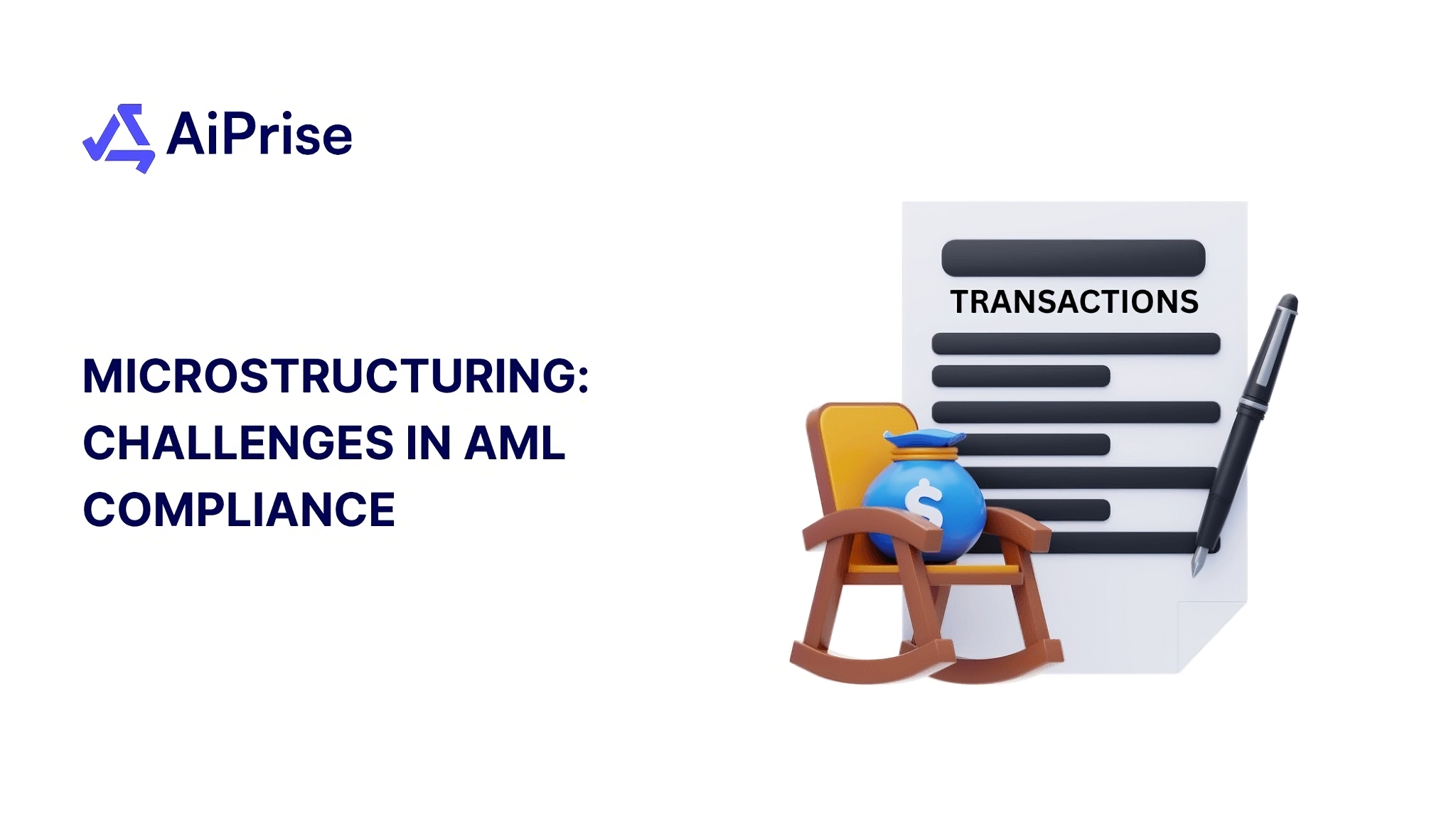

.png)
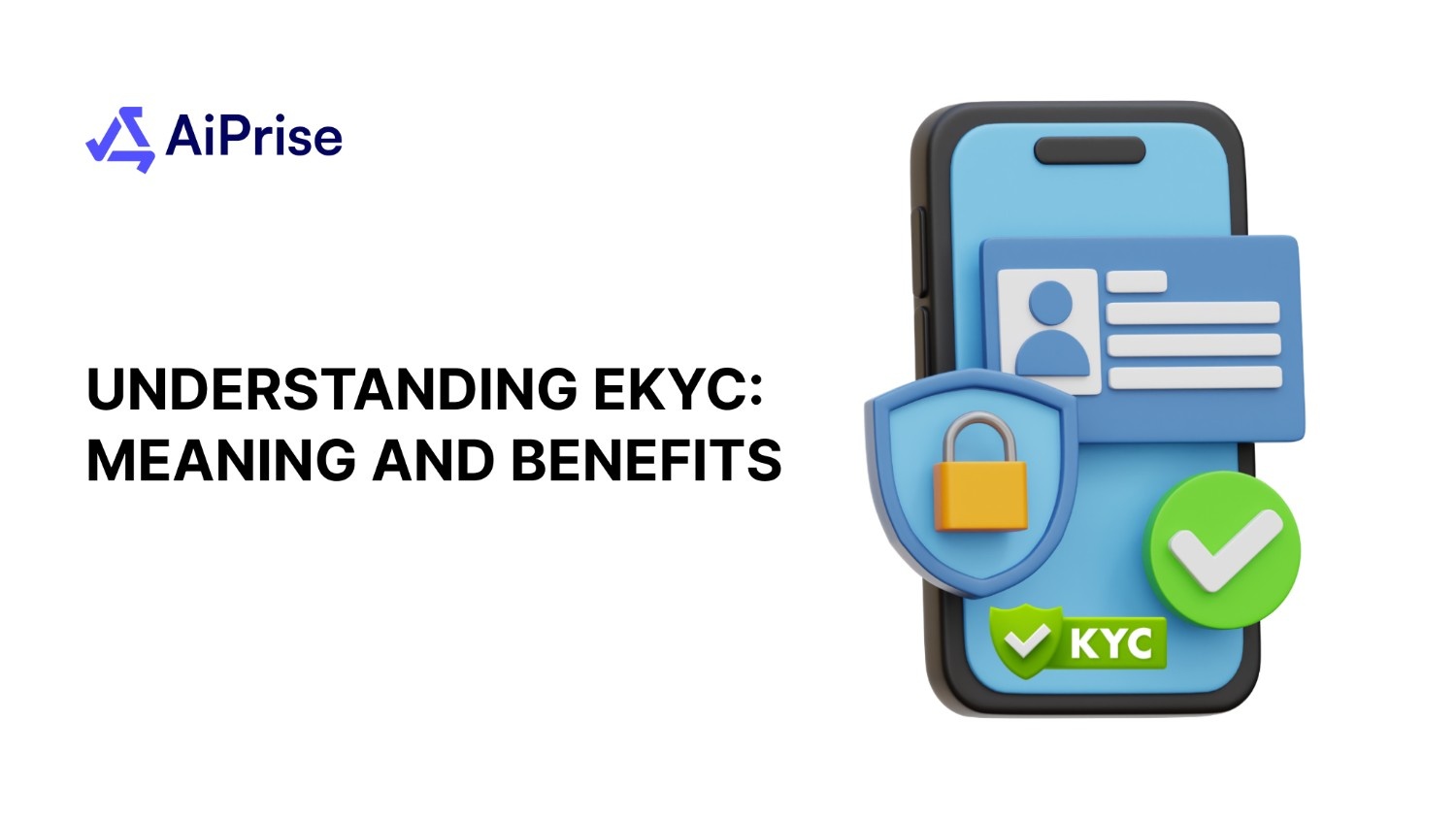
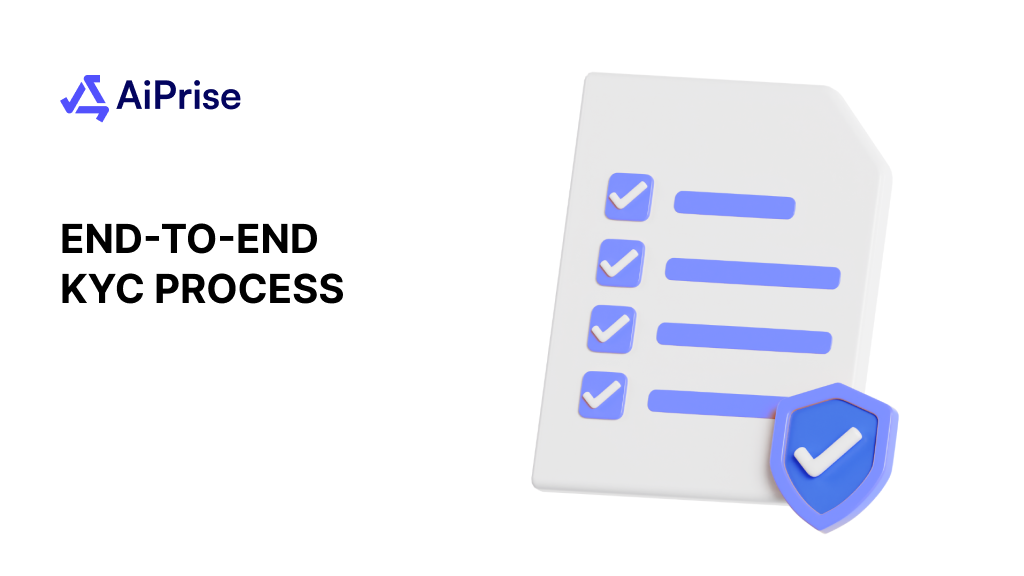

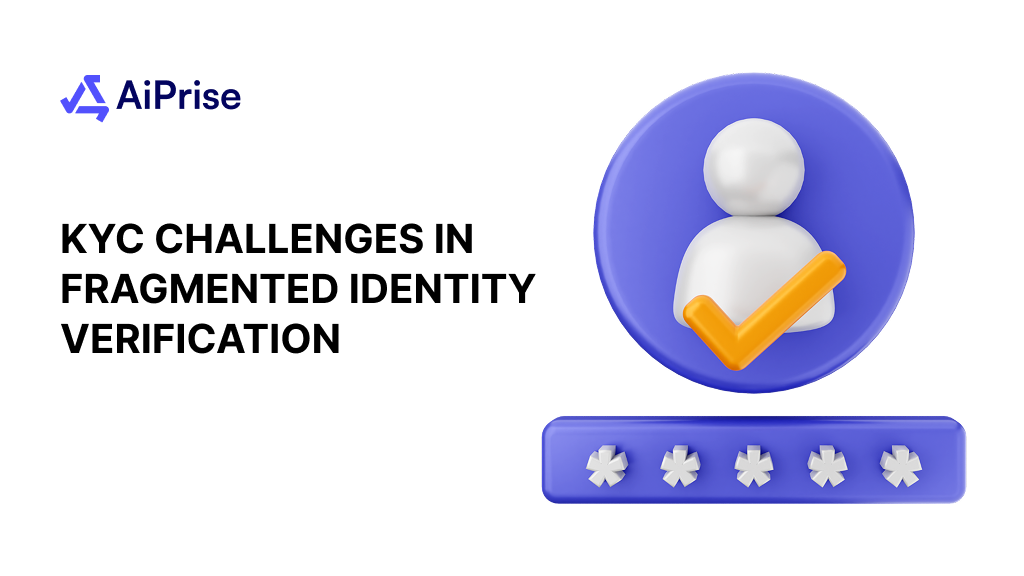

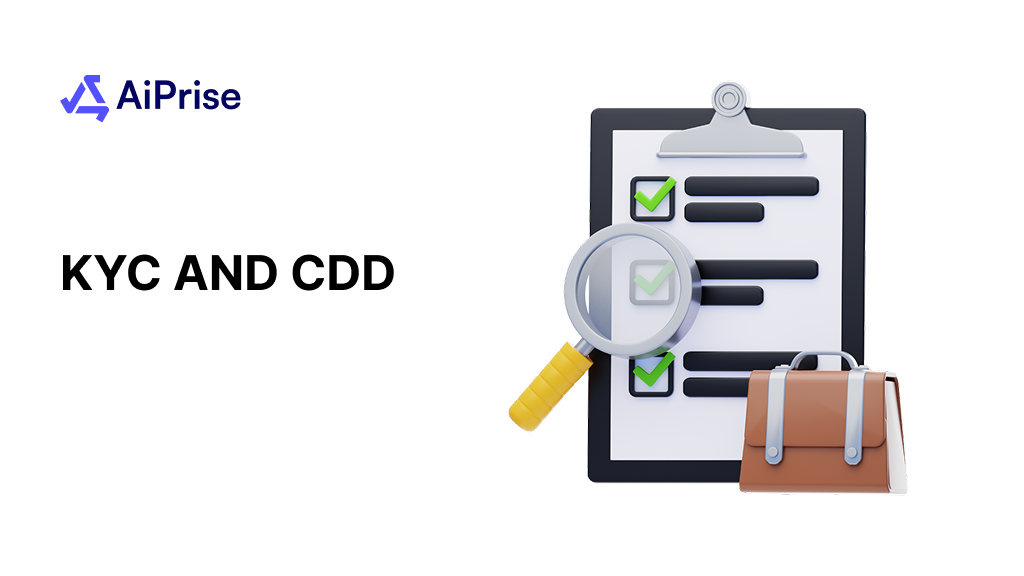










.png)





